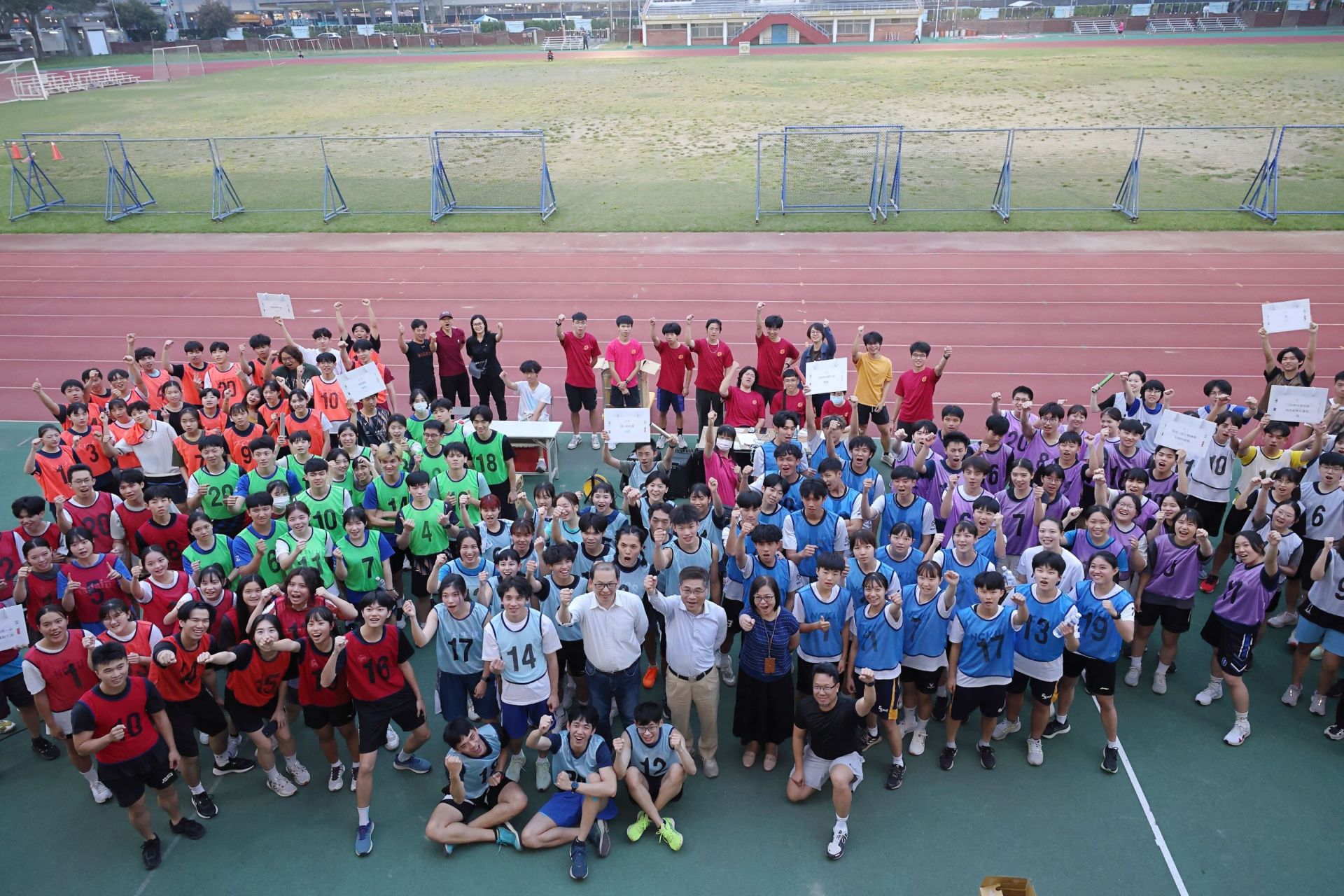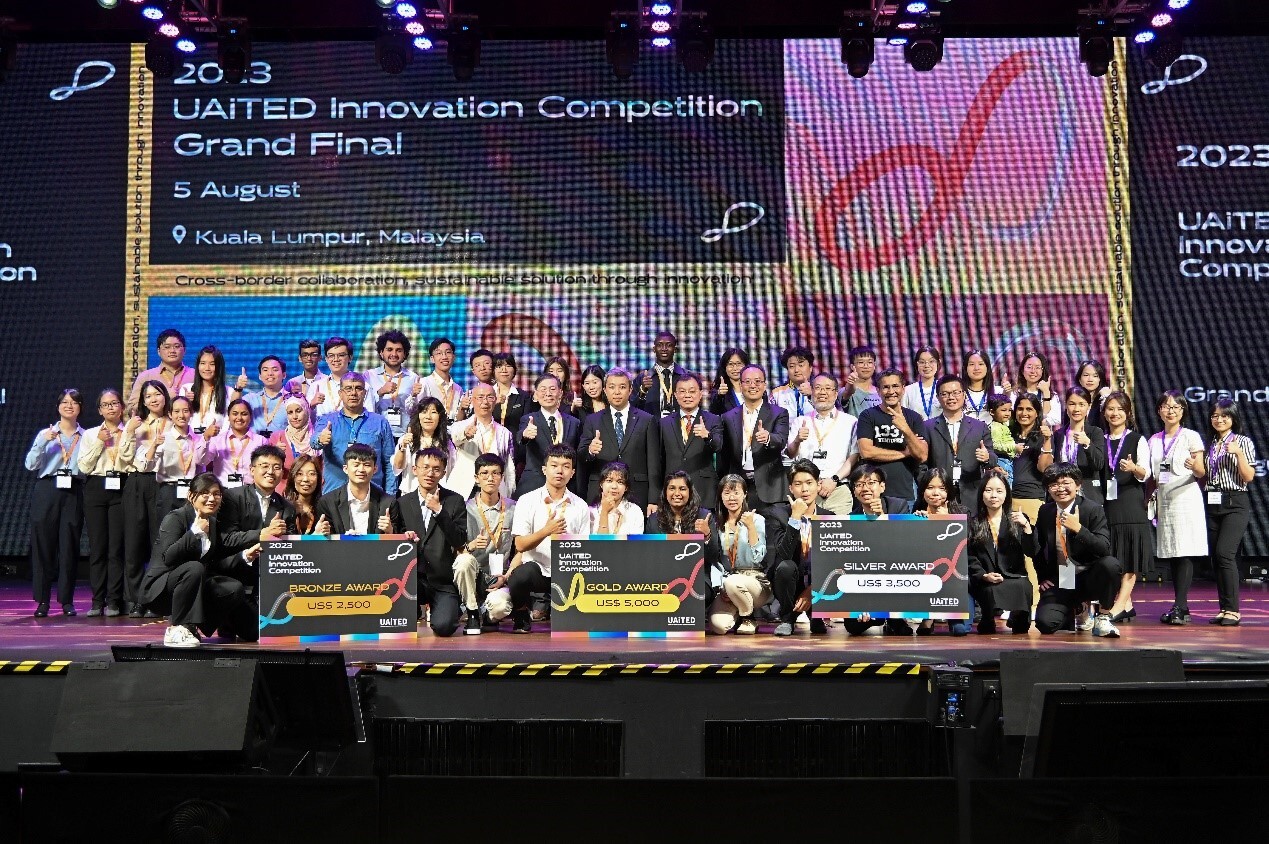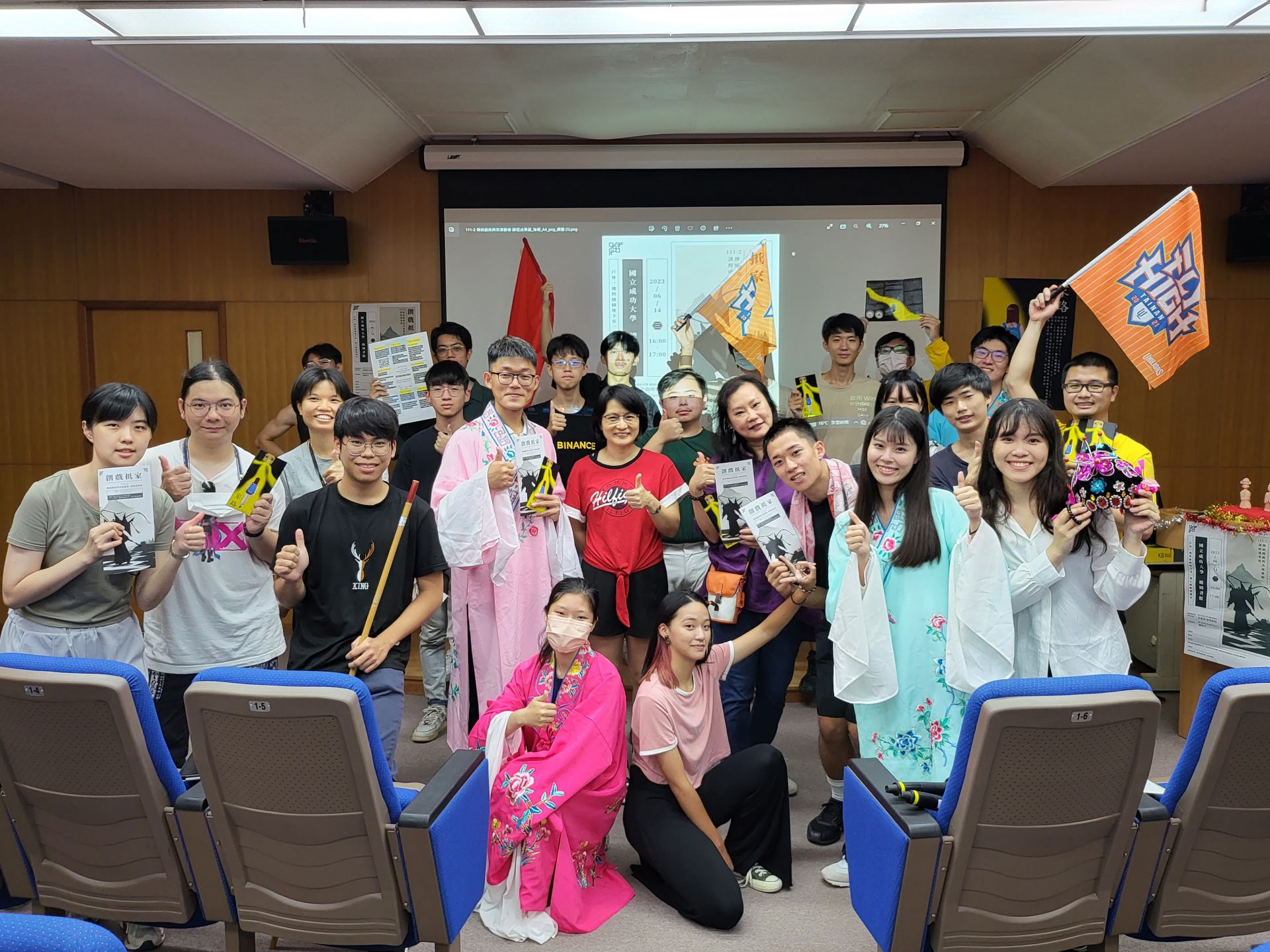SDG3
Enhancing the Public Health and Well-being-Research Lab of Health Technology Assessment Program Inaugurated at NCKU
To improve the fairness and efficiency of Health Insurance and long-term care, the National Science and Technology Council (NSTC) held the opening ceremony of the Health Technology Assessment Program at NCKU on February 17, 2023. Attendees at the ceremony included Yuh-Neu Chen, Vice President of NCKU, Yan-Shen Shan, Dean of the College of Medicine of NCKU, Jing-Wei Lee, Chairman of NCKU Hospital, and Susan Hu, Director of the Department of Public Health of NCKU.
Jung-Der Wang, Honorary Chair Professor of the Department of Public Health of NCKU, and the program's responsible person, stated that the project integrates biomedical and social sciences with technology and responds directly to the needs of the government's health insurance and long-term care policies, as well as the need to maintain productivity in the business sector. Additionally, the program aims to comprehensively improve the efficiency of Taiwan's healthcare system, enhance the competitiveness of international healthcare, and promote a sustainable culture in Taiwan with green production and consumption.
Vice President Yuh-Neu Chen hopes that NCKU can contribute to the sustainable development of National Health Insurance through the research conducted by Professor Wang's team. Dean Yan-Shen Shan stated that he expects NCKU to establish a department and college of Public Health, expanding the impact of National Health Insurance policy and making a significant contribution.
Professor Wang pointed out that thanks to the long-term support of NSTC, their team was able to develop the Generalized Cost-Effectiveness Analysis (GCEA) advocated by the WHO. The analysis aims to evaluate the value of different diseases and technologies from a lifelong perspective, promote equity and efficiency in healthcare and long-term care, and enhance the health and well-being of all people. Currently, GCEA has measured the amount of health and health insurance resources gained by preventing major diseases and injuries, and has compared the costs and effects of preventive medicine with medical treatment, rehabilitation, and alternative therapies. The analysis can also be used for actuarial calculations for various types of life insurance and estimate the total social impact of various injuries and diseases in terms of functional loss, productivity loss, and long-term care costs.
Jung-Der Wang, Honorary Chair Professor of the Department of Public Health of NCKU, and the program's responsible person, stated that the project integrates biomedical and social sciences with technology and responds directly to the needs of the government's health insurance and long-term care policies, as well as the need to maintain productivity in the business sector. Additionally, the program aims to comprehensively improve the efficiency of Taiwan's healthcare system, enhance the competitiveness of international healthcare, and promote a sustainable culture in Taiwan with green production and consumption.
Vice President Yuh-Neu Chen hopes that NCKU can contribute to the sustainable development of National Health Insurance through the research conducted by Professor Wang's team. Dean Yan-Shen Shan stated that he expects NCKU to establish a department and college of Public Health, expanding the impact of National Health Insurance policy and making a significant contribution.
Professor Wang pointed out that thanks to the long-term support of NSTC, their team was able to develop the Generalized Cost-Effectiveness Analysis (GCEA) advocated by the WHO. The analysis aims to evaluate the value of different diseases and technologies from a lifelong perspective, promote equity and efficiency in healthcare and long-term care, and enhance the health and well-being of all people. Currently, GCEA has measured the amount of health and health insurance resources gained by preventing major diseases and injuries, and has compared the costs and effects of preventive medicine with medical treatment, rehabilitation, and alternative therapies. The analysis can also be used for actuarial calculations for various types of life insurance and estimate the total social impact of various injuries and diseases in terms of functional loss, productivity loss, and long-term care costs.
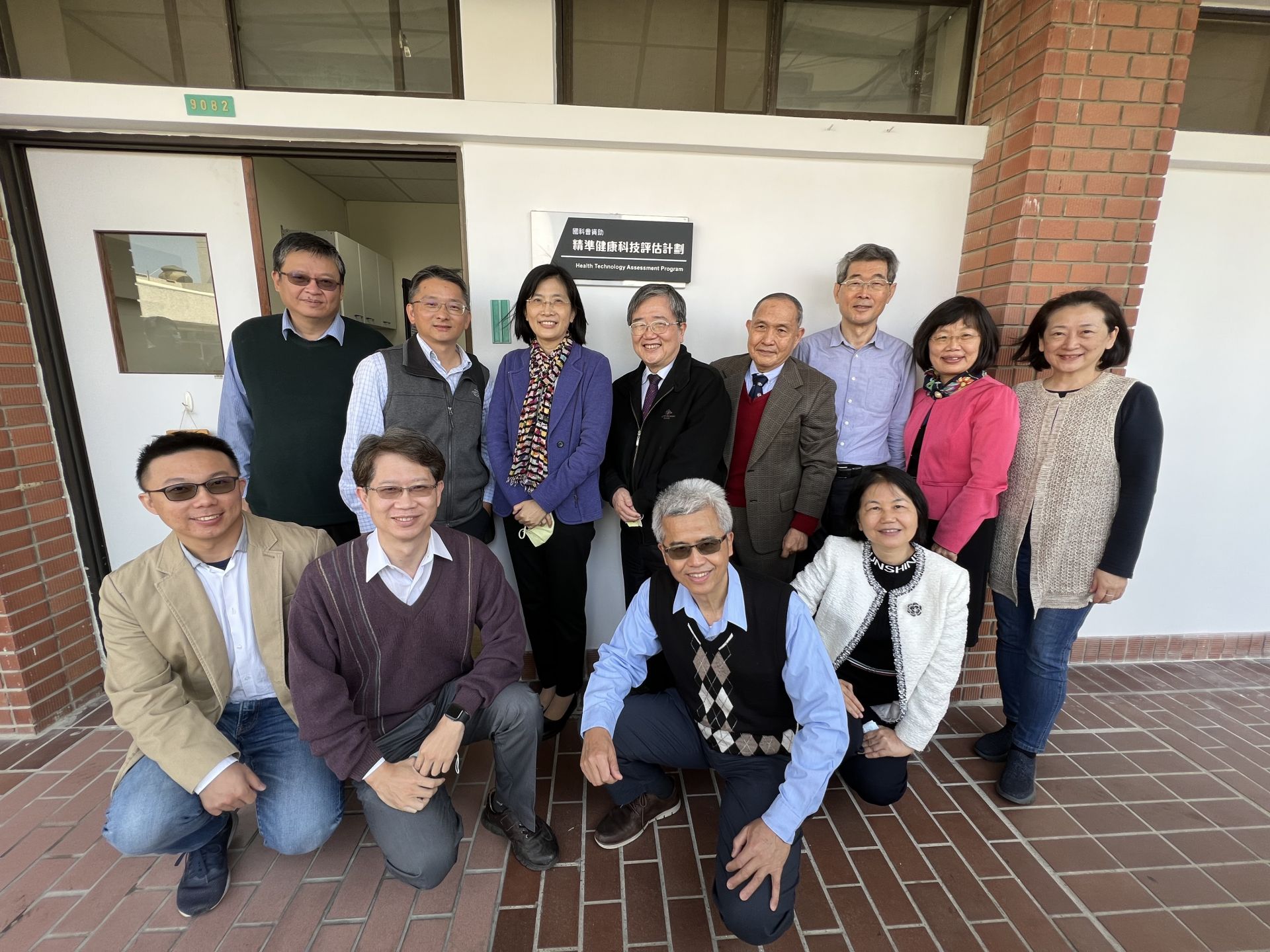
The opening ceremony of the Health Technology Assessment Program by National Science and Technology Council (NSTC) was held at NCKU on February 17, 2023.
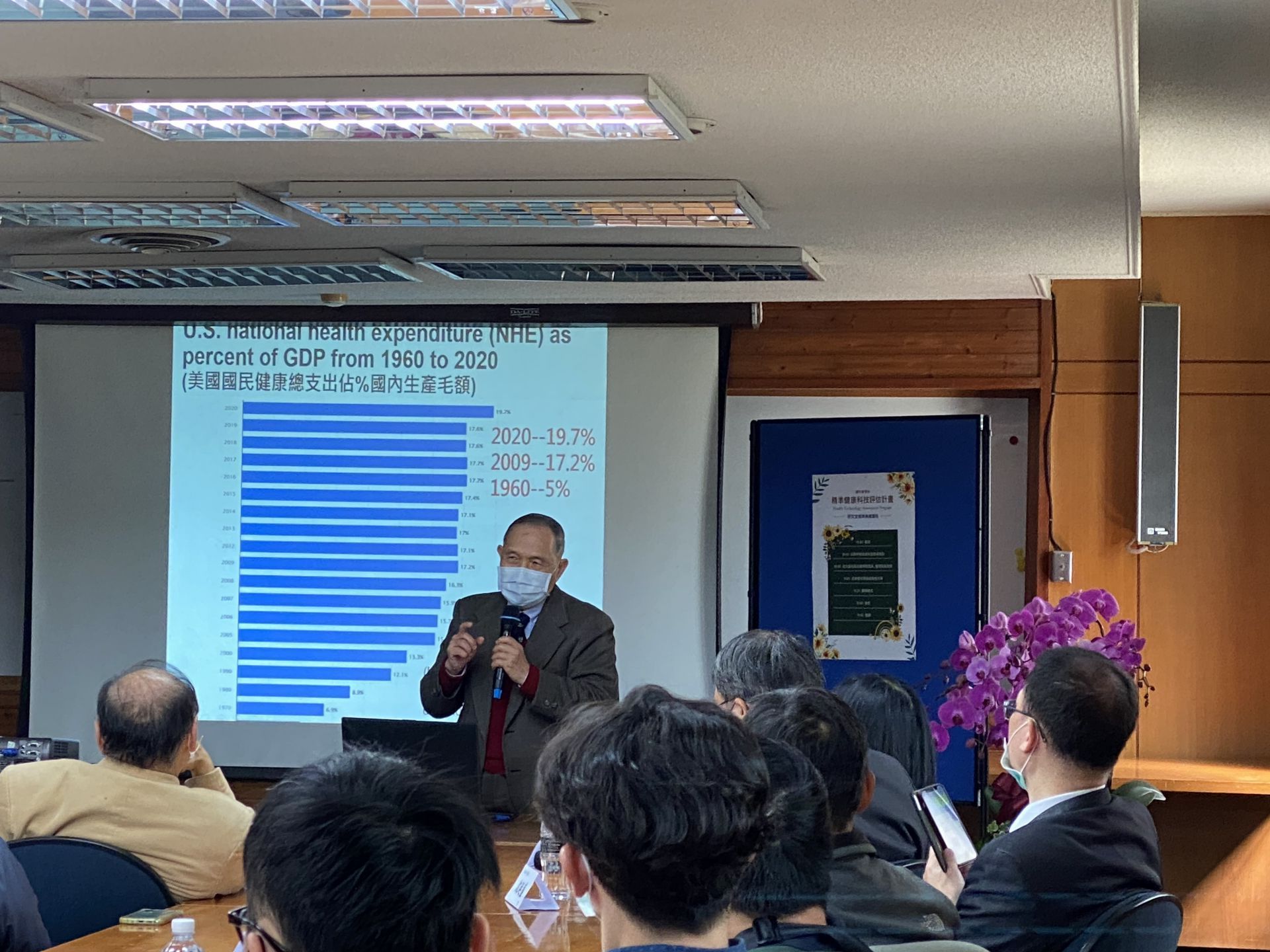
Jung-Der Wang, the responsible person of the program
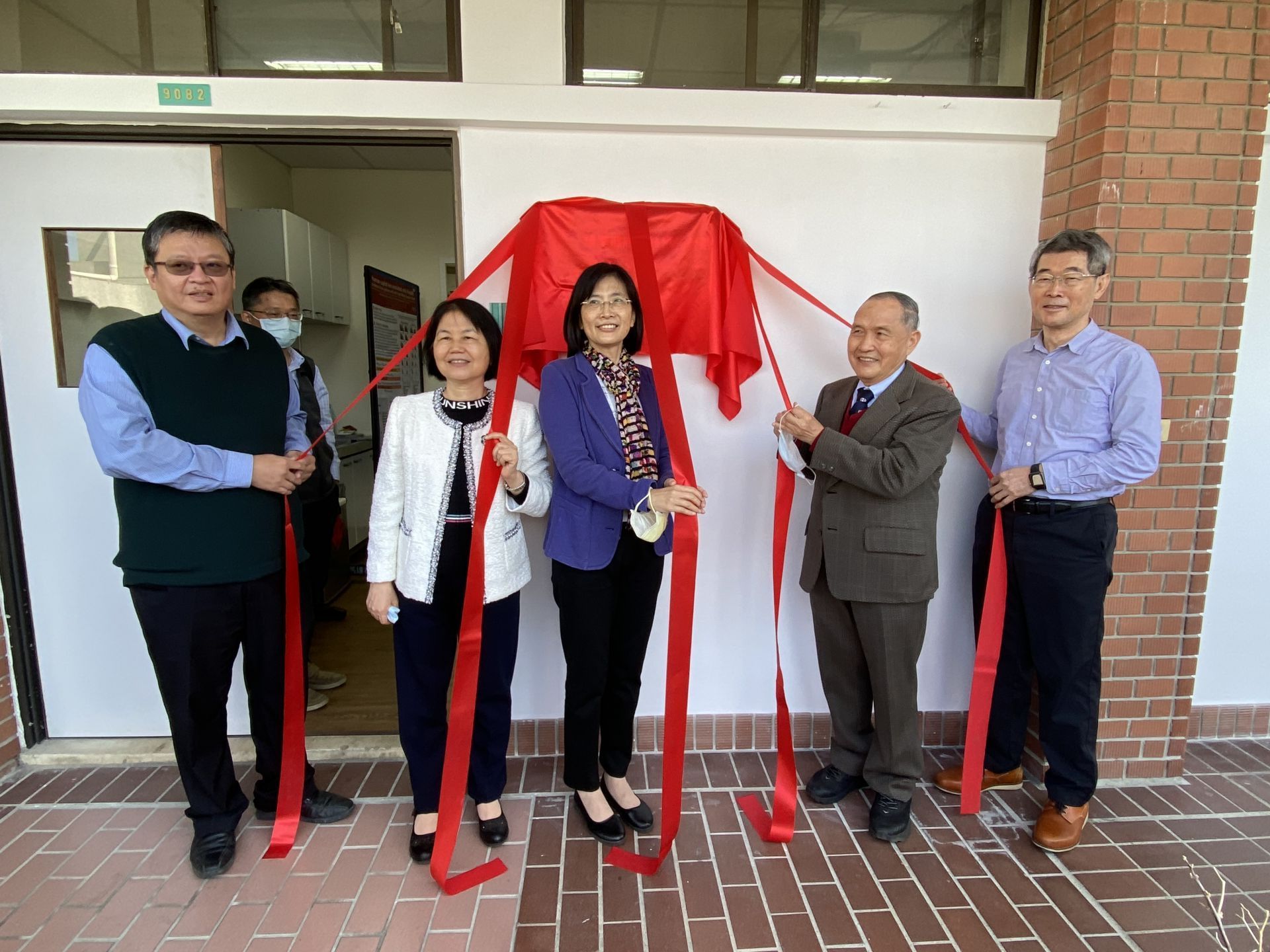
The opening ceremony of the research lab of Health Technology Assessment Program
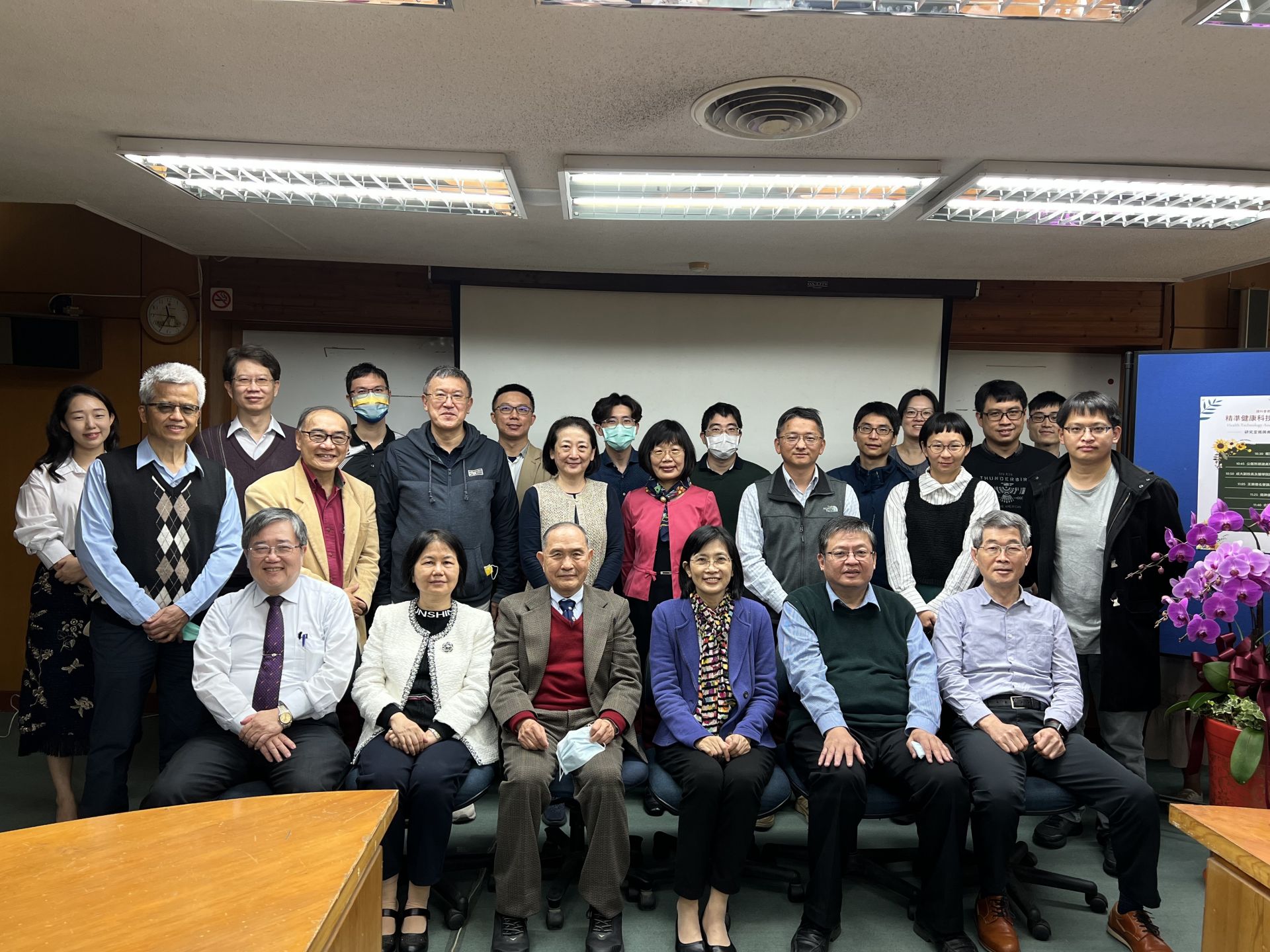
The photo of the research team and special guests



